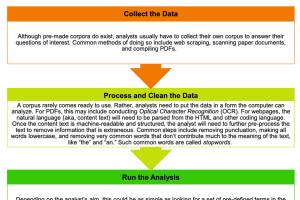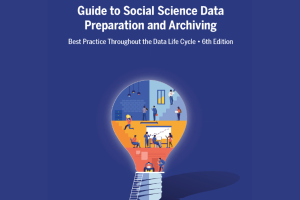Build Your Data Skills
Grow your skills from beginner to pro
The following resources are created as aids for those with little background working with data. They help with various stages in the research process from reading about research someone else has conducted to handling your own data, running analyses, and writing up the results.
How to Find a Dataset
This guide outlines a five-step process to help students and researchers identify and evaluate datasets for assignments or projects. It emphasizes defining a topic, listing data requirements, where and how to search for datasets, assessing datasets against those requirements, and finalizing the research question based on available data.

Choosing the Right Statistical Test
Determine which statistical test to use based on your data and research question.

Interpreting SPSS Statistical Results
Example output for statistical tests typically covered in an introductory course with detailed explanations of what each part of the output means. Frequency distributions, crosstabulations, comparisons of means, correlations, and OLS regressions are covered.

Computer-Aided Text Analysis Basics
A quick overview of using computers to analyze big chunks of text, which we call computer-aided text analysis (CATA). We provide links to additional information and resources that you can use to further develop your knowledge and get started with basic analyses.

How to Cite Data Correctly
Citing data is as important as citing literature used in a paper. This is a discussion of why it is important and how to properly cite data.

Preparing and Archiving Your Data (Guide for Social Science Data)
Document and manage your data with best practices from the start of your project to the finish.

How to read a journal article
Tips and tricks to make reading and understanding social science journal articles easier by focusing on key components: understanding the research question, methods, findings, and conclusions. This resource offers strategies to critically assess the article’s validity, relevance, and impact on the field.
